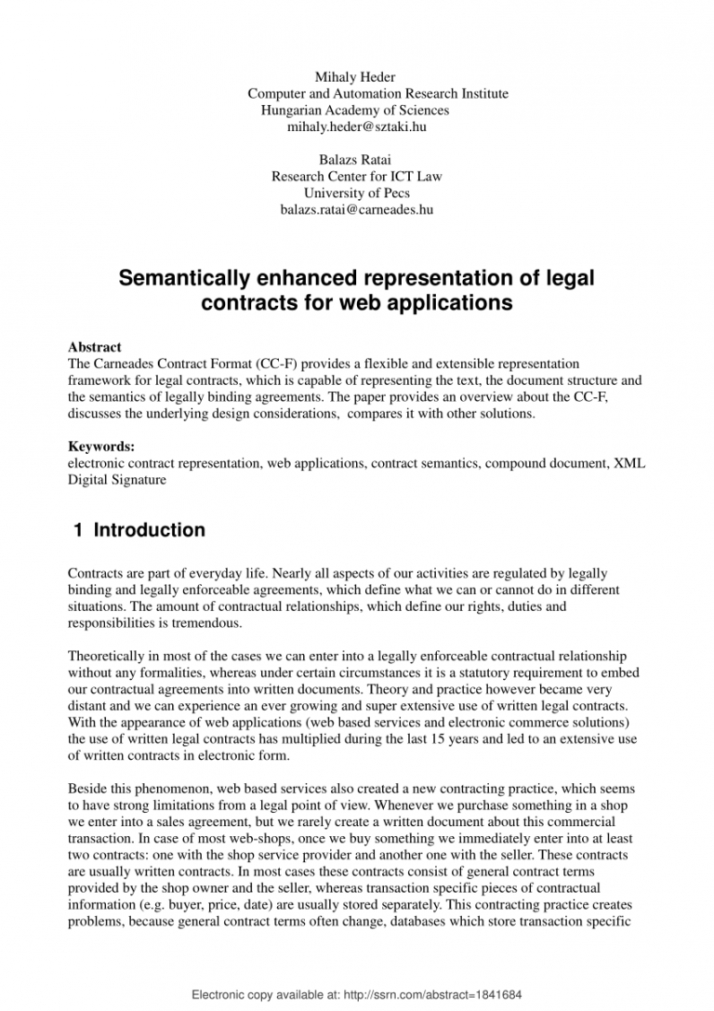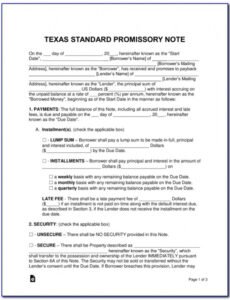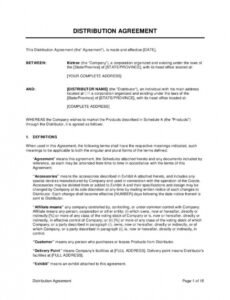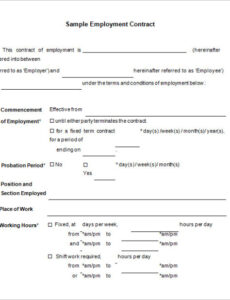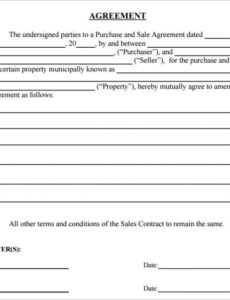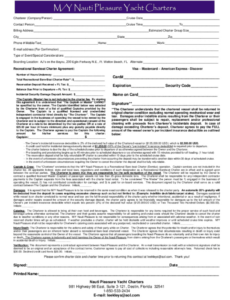Legally binding contract template, A contract is defined as a written or spoken agreement that is intended to be enforceable by law. Basically, contracts are promises that the law will enforce. The law of contracts is in the center of the majority of business dealings and is, consequently, one of the most significant regions of legal issue. Most contracts which can be performed in a year can be either written or oral. Big exceptions include contracts involving the possession of real estate and industrial contracts for merchandise worth $500 or more, which has to be in writing to be enforceable.
Generally speaking, a contract is an agreement between at least two individuals, which creates an obligation to do or not do a thing. The agreement comes along with a listing of rights and responsibilities, bounding on the parties included. In case the arrangement needs to be broken, there are exceptions in regulations for remedies. Contract laws cover both the legal aspects and consequences caused by the law. Contract laws decide whether or not a contract is legally competent. They also manage other associated matters like if there were fraudulent steps involved or using processes which specify how a contract has been terminated.
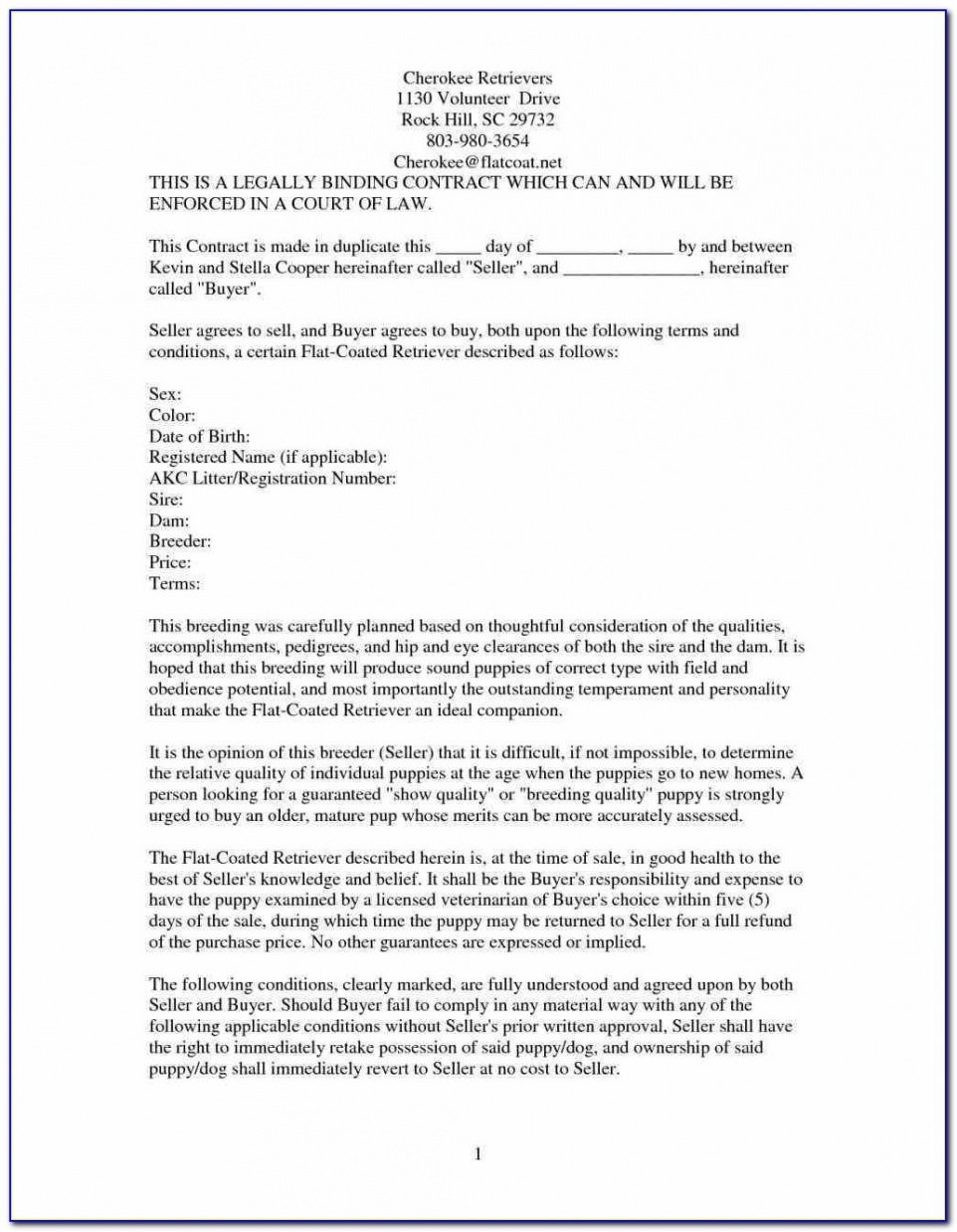
This is not the first book I would recommend or seem to for the beginner wanting to write a contract, nor will this publication have sample contracts or types to several circumstances. This book does include is an alphabetical listing of virtually anything you can think of involving contracts. It is merely a contract encyclopedia. (While it’s definitions such as a dictionary occasionally, the entries are much more like an encyclopedia than dictionary.)
Besides the definitions, the publication also has examples of contract provisions, sample contracts, and sample clauses which you are able to fit into contracts you are drafting. In some areas, Stim supplies a tiny bit of additional data, like the seven pages online discussion. Obviously, there is a lot more to discussion, you can fill reserve shelves with books on this issue, but it is nice to have a bit aimed at contract discussion.
Most law firms, notably small law firms, find the use of contract attorneys to be quite a good way to maintain flexibility and expand their law company without hiring in-house, salaried lawyers. Firms are legally allowed to add a reasonable surcharge to the prices of the customary attorneys. In a slowing economy, the use of contract attorneys helps give companies a competitive advantage, decreasing costs while increasing efficiency. As contract legislation becomes an increasingly larger sector of the law business, attorney agencies have become more numerous. These are essentially businesses that find jobs for attorneys to perform and take a small fee for their services. Some companies who employ contract attorneys prefer to undergo such agencies because they (the agencies) require a particular quality and professionalism from the lawyers that they signify.
